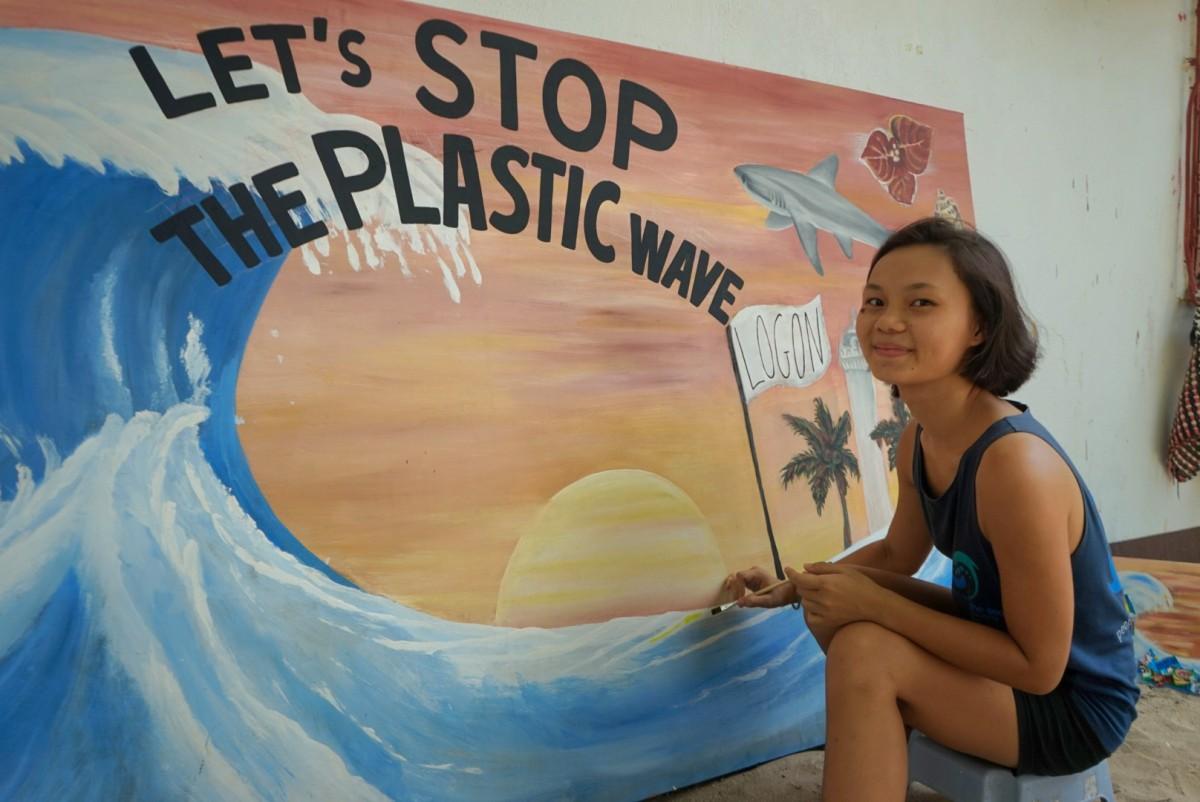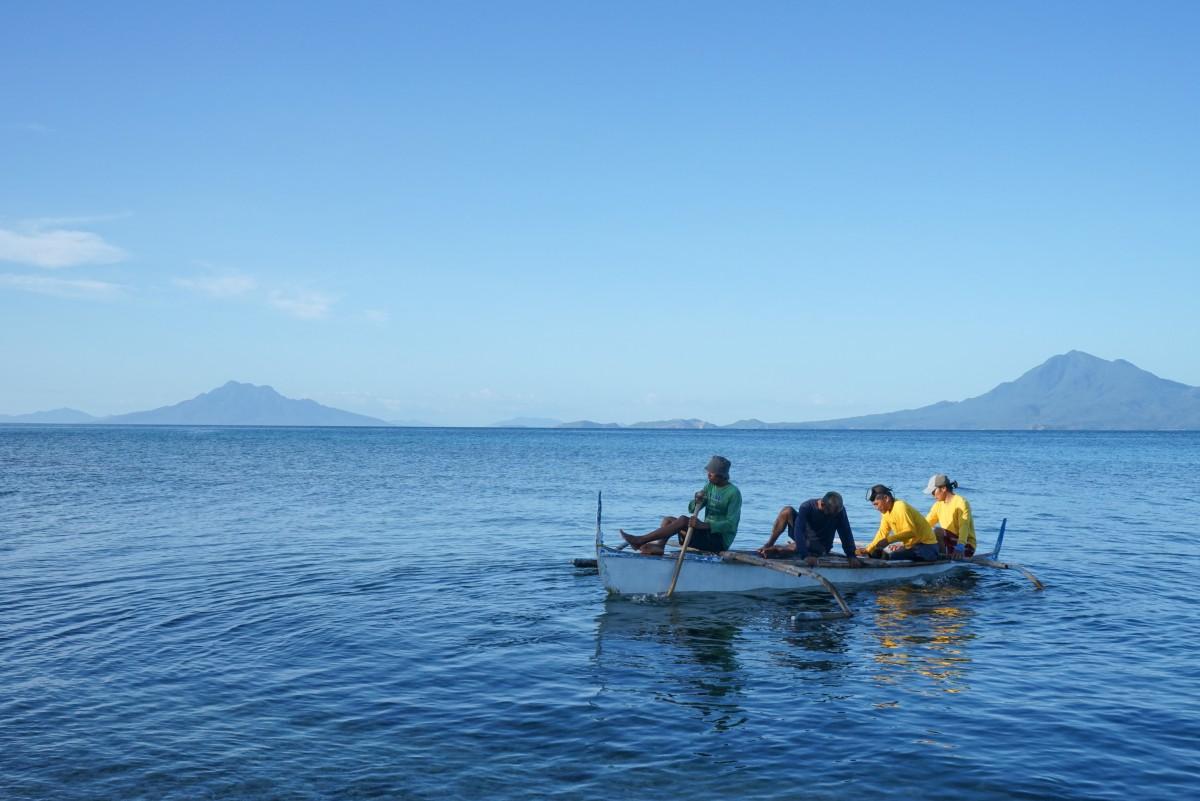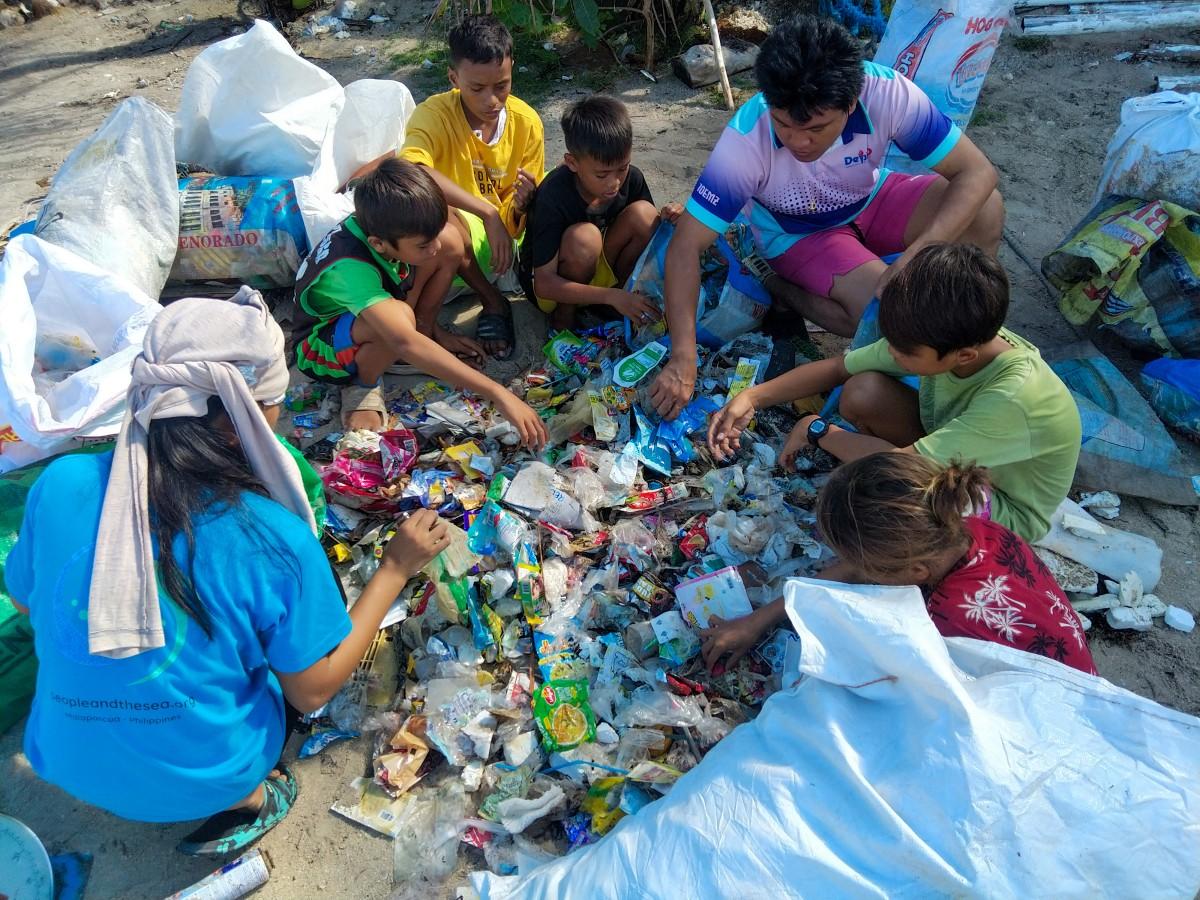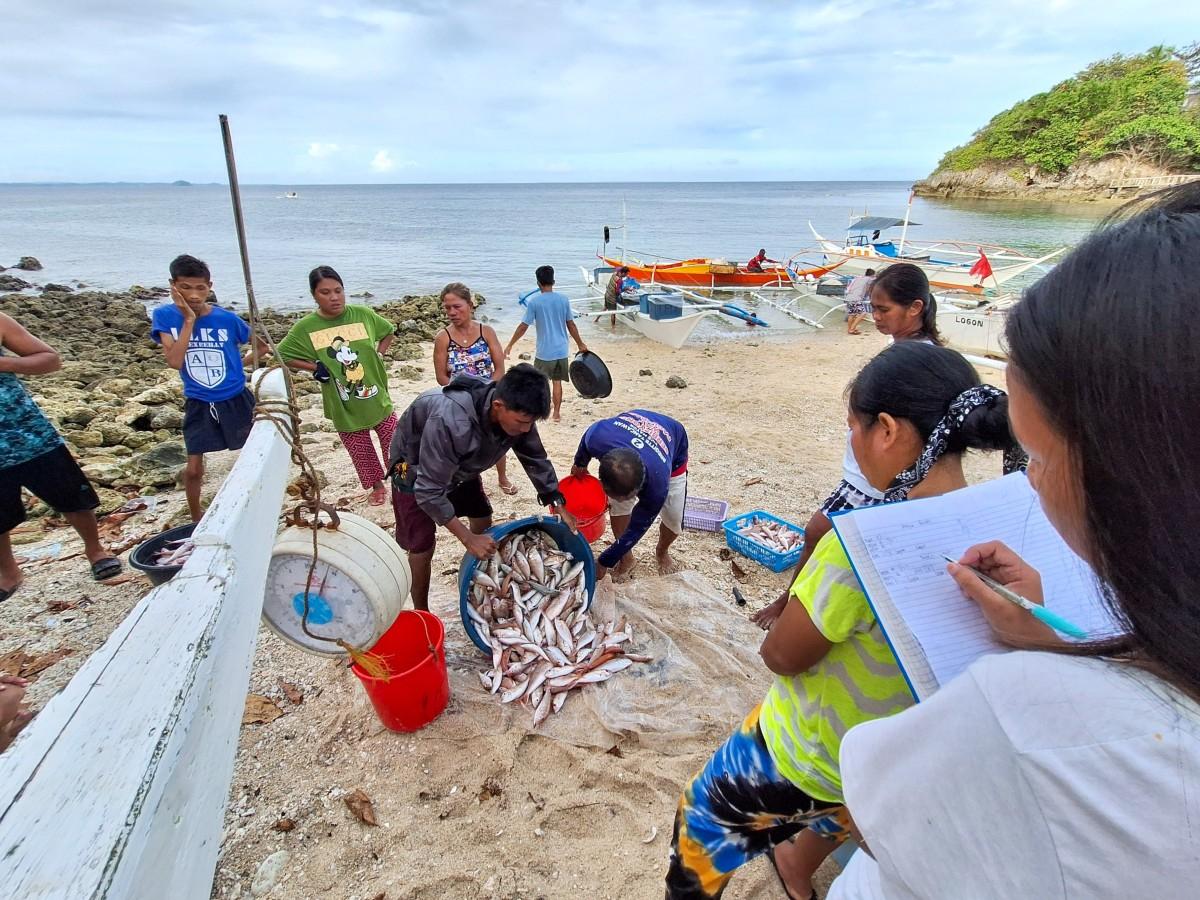Diving Deep: A Volunteer’s Tale of Ocean Conservation in the Philippines

Every June 8, World Oceans Day is observed to remind every one of the major role the oceans have in everyday life. With this year’s theme "Awaken New Depths" underscoring how our relationship with the ocean needs to urgently change since our efforts to date have only skimmed the surface.
As we join this global observance, we introduce to you Juliette Wan-Fat, a service civique volunteer deployed at People and the Sea in Malapascua Island, Cebu, Philippines volunteering towards the protection of the sea and supporting coastal communities.
Juliette hails from Reunion Island (an overseas department of France located at the Indian Ocean) taking up Master’s in Environmental Policy at Sciences Po Paris and decided to be a civic service volunteer at People and the Sea for her gap year. Juliette arrived in the Philippines in January 2024 and is currently in her 6 months in the island supporting the team on its various programs such as data analysis, awareness sessions, community meetings and even snorkeling lessons with the children in the community.
Renowned for its fine white sands, clear waters, and the perfect diving spots to see the Thresher Sharks and Japanese shipwrecks, Malapascua is facing environmental threats most notably plastic and chemical pollution as well as the effects of climate change including coral bleaching that potentially affect the marine biodiversity in the area.

At the forefront of the fight to end these challenges is People and the Sea a non-governmental organization based in Malapascua which works to protect and conserve the marine ecosystem using a community-based approach. The NGO works on five cross-cutting programs: environmental education, waste management, sustainable fishing, economic resilience, and marine science.
Protecting the ocean goes hand in hand with protecting communities. People and the Sea’s collaboration with local communities is an integral part of their NGO’s approach. As Juliette would describe it “It’s a time-consuming approach, requiring many meetings and discussions before decisions are made. However, it is so much more rewarding and, above all, guarantees long-term sustainability.” The community plays a fundamental role in their research providing them facts and figures real time valuable for their in-depth research and analyses. Collaboration between the NGO and the community makes the latter feel involved and better understand the issues and make decisions accordingly. Further, Juliette added that the community members gain decision-making and organizational skills, and their confidence to act and feel capable of doing so. It’s also a story of links, connections and trust. And that’s what’s so valuable about setting up environmental projects.

Asked about why it is important to save our oceans, Juliette highlighted the role of our ocean as the planet’s blue lung, generating half the oxygen we breathe and capturing a significant proportion of carbon dioxide emissions. Speaking specifically of Malapascua, its communities are particularly dependent on the health of the ocean, she added. “Many of the island’s families make their living from artisanal fishing, while others derive their income from tourism and diving. In both cases, it’s in their interest to protect the ocean, as this is where these families find their source of income. Beyond this purely economic consideration, there is also a cultural, traditional and emotional link with the ocean.”
Juliette hopes that an individual and collective approach must be done in order to save our oceans from changing our consumption habits and voting for the climate to taking part in movements and to lobby for better marine protection policies
Just a few months before she finished her mission in Malapascua, Juliette looks back to the reason why she became an international volunteer at a young age “I was looking for long-term experience in a marine conservation NGO that takes a community-based approach, and that’s exactly what I found with People and the Sea. This experience helps me to understand my place and the way in which I wish to protect the Living.”
Located at the west of the Pacific Ocean in the marine area called the Coral Triangle, the Philippines contains some of the richest biodiversity in the world. Unfortunately, the Philippines is facing challenges to conserve its rich marine biodiversity brought by destructive fishing, pollution and even climate change.



